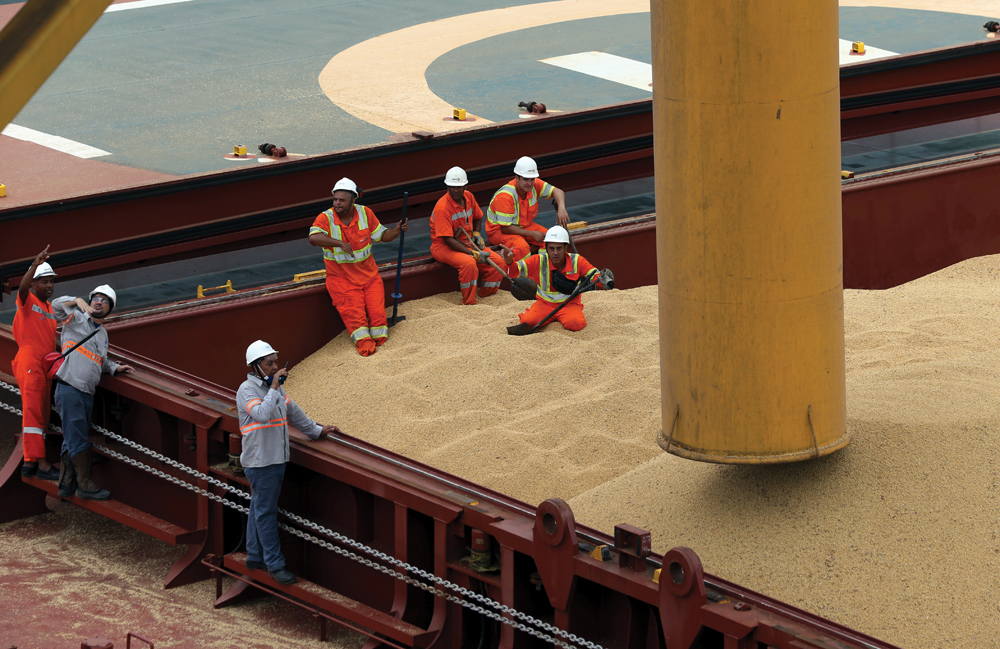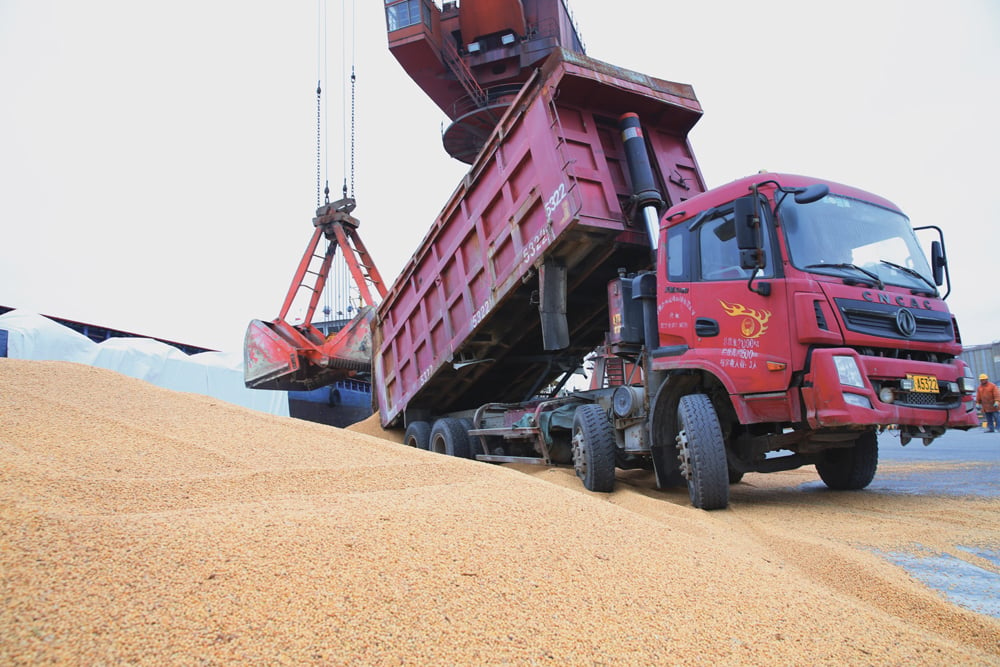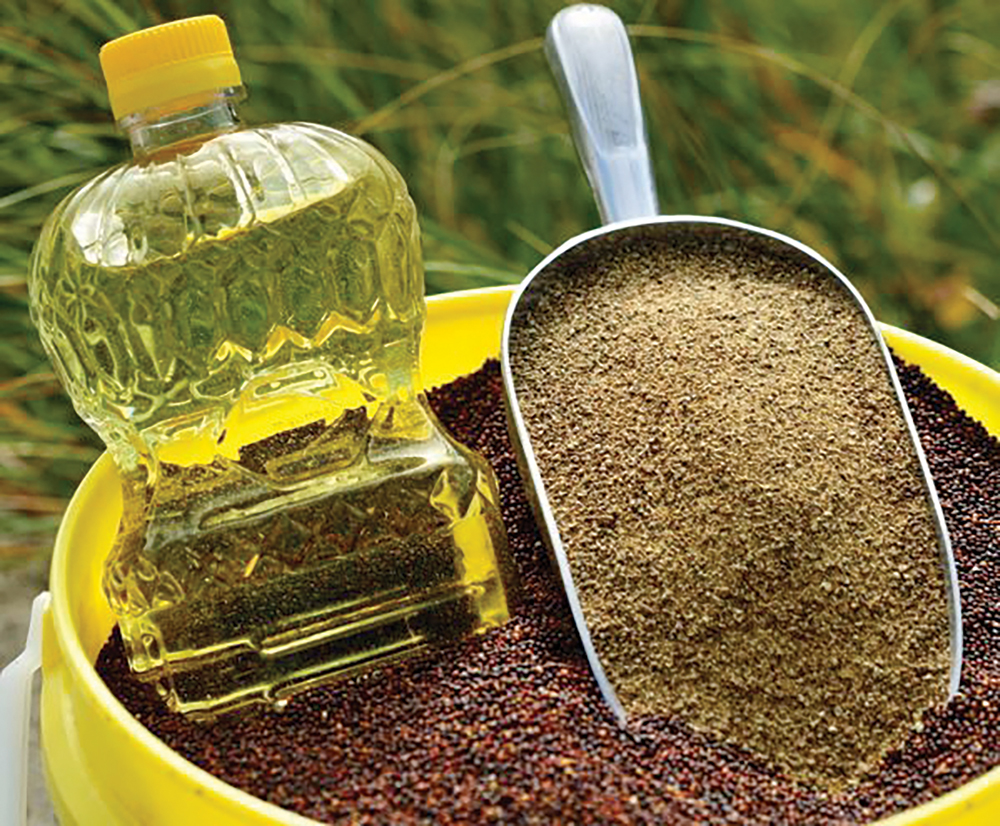Farmers seeking cash advances have lots of options.
In Manitoba several organizations administer the federal government’s Advance Payments Program and staff are happy to answer questions including on the recently announced changes aimed at helping farmers in the wake of China’s canola seed boycott, says Pam de Rocquigny, general manager of the Manitoba Corn Growers Association, one of those administrating groups.
There are more than 40 organizations across Canada administering cash advances on behalf of Agriculture and Agri-Food Canada (AAFC).
In Manitoba farmers can get cash advances on grains, oilseeds, including canola, and pulses from the Manitoba Corn Growers Association, Manitoba Livestock Cash Advance Inc. and Canadian Canola Growers Association.
Read Also

Manitoba canola industry has new frontiers
Canola oil is still the main priority for the sector, but canola meal is increasingly the subject of research looking for new markets and uses for the oilseed’s byproduct.
The corn and canola growers also offer advances on honey, as does Manitoba Cooperative Honey Producers Limited.
The federal government announced May 1 the limit on cash advances for the 2019 crop will increase to $1 million, contingent on the borrower having enough product to justify the loan, which is repaid when products are sold.
The first $100,000 is interest free, however, the maximum interest-free loan for canola will be raised to $500,000. That means farmers with enough canola to back the loan can borrow up to $500,000 interest free.
Farmers can also opt to borrow $100,000 interest free against non-canola products, plus another $400,000 interest free on canola for a total of $500,000 interest free.
The temporary changes are supposed to help farmers suffering from low canola prices.
The changes haven’t been implemented yet, but are retroactive to the start of this year’s program April 1.
“The limits (on loans) are in the regulations so they (AAFC) have to make changes to the regulations to reflect that,” de Rocquigny said in an interview May 9.
“There are a number of steps that have to take place prior to being able to advance additional dollars under the announced changes.
“We’re waiting for information and guidance.”
In addition to speaking with program administrators, de Rocquigny said farmers need to do their homework.
Cash advances issued in 2019 have to be repaid by Sept. 30, 2020.
“There are no guarantees that prices will be any better 18 months from now and then they (farmers) may be in a position where they need to sell to pay off a loan,” she said. “That’s why we encourage them to speak with their financial and marketing advisers to really determine under the terms and conditions of the program if it will be a benefit to their operation.
“There are still deadlines. It’s not an open-ended loan where you can wait, wait and wait until prices get better.”
Although things such as the borrowing cap and value of products used in determining the loan are common among different administrators, things such as the interest rates and administration fees can vary, de Rocquigny said.
Manitoba Livestock Cash Advance Inc. also offers cash advances on cattle, bison, goatlings, lambs, sheep and breeding animals.
The Canola Growers does as well, plus issues loans on hogs.
Manitoba Pork Credit Corporation does advances on hogs and breeding animals too.
The Keystone Vegetable Producers Association offers advances on vegetables and potatoes.
For a full list of cash advance administering groups visit the ‘Advance Payment Program’ page on the Agriculture and Agri-Food Canada website.



















